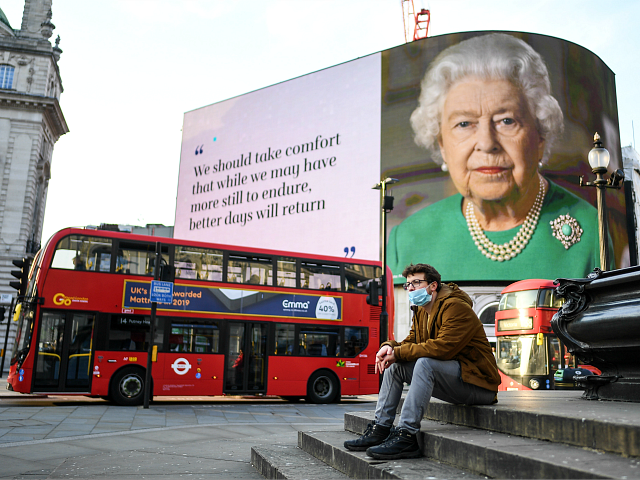The former deputy chief medical officer for England has warned that a coronavirus vaccine may not be ready “until well into next year”.
“I think those who are very used to the process of developing vaccines are saying they are not anticipating it being available until well into next year,” said Professor Gina Radford.
Prof Radford also cautioned that while scientists all over the world are putting in the effort to develop a vaccine, they are starting from scratch with the new virus. She told Sky News’s Sophy Ridge on Sunday: “We haven’t got a hugely good track record with vaccines for this particular virus, coronavirus, the family of viruses.”
The remarks come after England’s Chief Medical Officer Professor Chris Whitty told MPs on Friday that the chances of developing a vaccine for the Chinese virus within the next 12 months were “incredibly small”.
Earlier last week his colleague, Chief Scientific Adviser Sir Patrick Vallance, said that progress on vaccines were “long shots” which sometimes were ineffective, and the work on coronavirus was no different.
Last week, Prof Whitty also said that it would be “wholly unrealistic “to believe that current lockdown restrictions would be lifted entirely in the near future, suggesting that social distancing measures may be in place on and off for the rest of the year.
The chief medical officer had said that in order for an effective exit from the lockdown, the UK would need a vaccine as well as drugs for treating the disease in people already affected.
“Until we have those, and the probability of having those any time in the next calendar year is incredibly small, and I think we should be realistic about that, we’re going to have to rely on other social measures, which of course are very socially disruptive as everyone is finding at the moment,” Prof Whitty had said.
‘Unreliable Data’ Britain Drops China From Official Coronavirus Death Toll https://t.co/4wS9aPYPOx
— Breitbart London (@BreitbartLondon) April 27, 2020
Imperial College’s Neil Ferguson, whose modelling was used by the government to inform the current lockdown strategies, has defended the current suppressing measures through enforced social distancing, saying that to replace them with “shielding” policies — where the most vulnerable would be told to self-isolate whilst those deemed in the healthy demographic would see restrictions lifted — could result in British casualties of 100,000 by the end of the year.
Prof Ferguson said during an interview with news website UnHerd on Saturday: “I’m very sceptical we can get to the level of shielding which would make that a viable strategy. In theory, it might be, but until I see a country or even a community do a better job than we’ve seen so far, then I remain sceptical that it’s achievable.
“And if you achieve, just, for instance, 80 per cent shielding, 80 per cent reduction in infection risk in those groups, we’d still project you get well over 100,000 deaths later this year through that sort of strategy.”
In response to criticisms over hospitals with ICU empty beds — particularly the 4,000-capacity London field hospital, NHS Nightingale at the ExCeL Centre — the scientist, who is a member of the Scientific Advisory Group on Emergencies (Sage), said that it showed the lockdown is doing its job.
“At the peak, a few weeks ago, there were various single hospitals across London and some other areas which could basically take no one else. As a nation, we acted in time to prevent the health system from being overwhelmed,” he said.
According to his modelling, he also said: “We cannot go back to normal. Unless we have a vaccine, there will have to be a degree of social distancing in place if we don’t expect to see second waves of transmission. But it will look closer to normal.”
UK Has ‘Reached the Peak’ of Coronavirus, Says Health Secretary https://t.co/RxrnTlOA4T
— Breitbart London (@BreitbartLondon) April 23, 2020

COMMENTS
Please let us know if you're having issues with commenting.